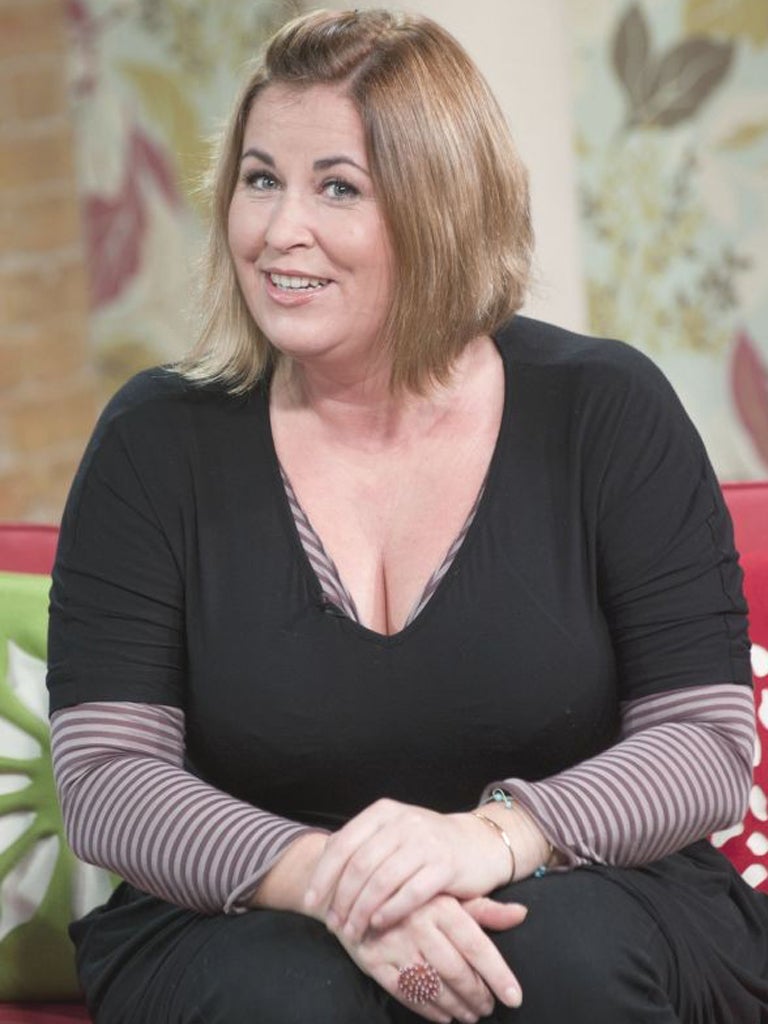When leaving it all to the listeners can be a turn-off
The Week In Radio

Your support helps us to tell the story
From reproductive rights to climate change to Big Tech, The Independent is on the ground when the story is developing. Whether it's investigating the financials of Elon Musk's pro-Trump PAC or producing our latest documentary, 'The A Word', which shines a light on the American women fighting for reproductive rights, we know how important it is to parse out the facts from the messaging.
At such a critical moment in US history, we need reporters on the ground. Your donation allows us to keep sending journalists to speak to both sides of the story.
The Independent is trusted by Americans across the entire political spectrum. And unlike many other quality news outlets, we choose not to lock Americans out of our reporting and analysis with paywalls. We believe quality journalism should be available to everyone, paid for by those who can afford it.
Your support makes all the difference."I'm relying on your wit because I've left mine in a caravan in Altrincham," announced Liza Tarbuck at the start of her new show on Radio 2. Alas, she wasn't joking. Listener interaction was certainly a priority for Tarbuck – either that or the show's running order had been carried away in a gust of wind. Because while acknowledging the individuals who make up your audience and are indirectly responsible for keeping a roof over your head is all well and good, there's a limit to how much the rest of us want to hear about Joe and Josephine Public's plans for a swinging night out.
As Tarbuck read out the 386th text detailing how "me and the missus are getting ready to go to Aunty Moira's 70th birthday in Wallasey" and Brian's harried attempts to make a curry for dinner, you began to wish that those who feel the need to achieve fleeting fame through banal observations conveyed to radio DJs be forced to make contact via carrier pigeon, preferably a low-flying one which could easily be taken out with a shotgun, and not by the irritatingly instant medium of mobile phones.
Even Tarbuck realised that a theme was needed, something that would galvanise listeners into revealing something more interesting than what they were having for dinner, though she found herself on shaky ground as she declared, "This show is dedicated to Huntingdon in Cambridge because nothing ever happens there," and invited listeners to put forward a case for the defence. Oddly enough, no one mentioned Huntingdon Life Sciences, the research laboratory forever in the news for being the focus of ferocious campaigns by animal rights activists. One wonders where might be next in Liza's hallowed list of Places Where Nothing Happens.
In the event, listeners shared sightings of John and Norma Major in Huntingdon, due to the fact that the town used to be Major's Parliamentary constituency, and the fact that it had a good Polish deli. One caller – because, heaven help us, there were plenty of those too – recalled finding a beautiful pair of boots there, plus a husband, but had since relinquished ownership of both. Tarbuck was sympathetic, though her role here was closer to barmaid than radio host. Would that we could have heard more from her than her coterie of needy fans earnestly sharing the details of their social lives and forever wishing her luck on a show in which she barely participated.
Happily, there was no audience input on BBC6 Music's A Month of Sundays in which the knock-kneed punk-poet John Cooper Clarke was given two hours to play with as part of a broader celebration of the written word. It's just this sort of audience/presenter matchmaking (see also Richard Hawley and Guy Garvey) that has salvaged BBC6 Music from closure and earned it a Sony Award for Station of the Year earlier this week. Cooper Clarke, a born raconteur, had no daft gimmicks to pass the time, just a series of random stories, from his first gig aged nine watching Bob Hope tell gags about divorce and alimony, to his love of Baudelaire – "the guy that got me started, I don't mind telling you" and "mid-period Thin White Duke." He spent a good five minutes rhapsodising about the Velvet Underground's "Sister Ray", having recently played it for the first time at home in its glorious, 20-minute entirety. "It picks you up and drops you off in a different place," he observed fondly. He might just as well have been talking about himself.
Join our commenting forum
Join thought-provoking conversations, follow other Independent readers and see their replies
Comments